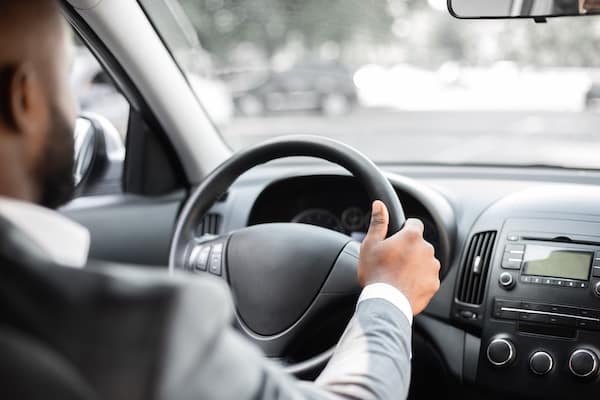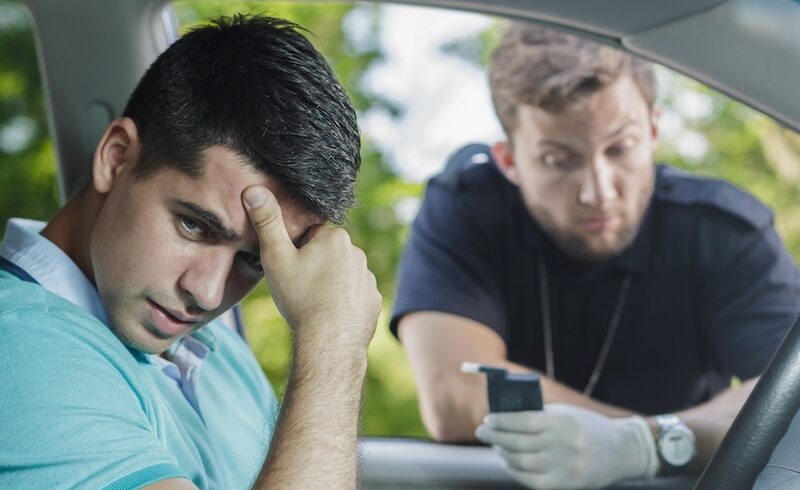
There are more than 220 million licensed drivers across the US. While your driving license provides great freedom, is also means you have a serious responsibility to other road users. Driving safely will keep you and others safe while on the road.
Unfortunately, each year there are over one million arrests for driving under the influence of drugs or alcohol, which results in serious consequences for the drivers in question. If you think that getting a DUI in another state is any less serious or is something you can do without anyone knowing, this is not the case.
If you get a DUI in another state while holding an Illinois driver’s license, you need to know exactly what it means for you.
Illinois Licenses and the Driver’s License Compact
Across America’s states, there is something known as the Driver’s License Compact. This is an agreement between certain states to share information about driving and license violations. These include:
- Parking tickets and fines
- Speeding tickets
- Suspensions of licenses
- DUIs
- Driving with non-regulation tinted windows
- Driving without a license or insurance
Illinois has been a member of this compact since 1970. This means that any traffic violations you commit when driving in other states will also apply in your home state.
Some states are not part of the compact. It includes Tennessee, Georgia, Wisconsin, Michigan, and Massachusetts. However, these states will usually still report driving violations to the authorities in Illinois.
So, let’s take a look at what it means if you get a DUI in another state.
Getting a DUI in Another State
You may have come to the conclusion that receiving a DUI in a different state will not affect your status in Illinois, but that is a false statement. In fact, if you get pulled over and charged with a DUI in another state, it is treated exactly the same as if it happened in Illinois.
What if it’s Your Second DUI in Another State?
The punishment for a second DUI offense will be much more severe, even if it takes place in another state. This is because it demonstrates a pattern of reckless and dangerous driving.
A second DUI will result in a license revocation and more expensive fines. The length of your revocation can depend on the circumstances of your arrest, and how cooperative you were.
In some cases, a second DUI may also result in jail time. This can be anything between six months and one year.
Most courts in the USA will look at the number of DUIs you have had in the past. So, typically if you got arrested for a DUI twenty-five years ago, a judge will be more lenient than if this is your second conviction in twelve months.
How Long Does a License Revocation Last?
Most license revocations for driving under the influence of drugs or alcohol lasts for a minimum of twelve months. These can last longer depending on the severity of your circumstances, and on whether or not this is your first conviction.
If this is your second DUI, or you didn’t comply with testing requirements during your first DUI, your suspension might be 3 years. This means you will have to make an appeal for your license to be reinstated before you can legally drive again.
The success of this usually depends on whether you can demonstrate that you have tried to improve your driving safety in the time since your arrest. For example, doing an alcohol or drug course will work in your favor when trying to get your license reinstated.
Getting a Restricted Driving Permit
When getting your driving license reinstated after being revoked, you will need to file a petition for a restricted driving permit.
If this is your first conviction, you can do this through an informal hearing. It’s a good idea to get support from an experienced attorney if you want your hearing to be a success. At an informal hearing you’ll need to submit:
- Your original alcohol evaluation (and any subsequent updates)
- Proof of any required counseling that you have completed
- Your employment schedule and details of any employment-related driving you’ll be required to do
- Involvement in abstinence groups such as AA, if applicable.
At your hearing, you and your lawyer will have to prove you are no longer a danger to yourself and other road users. You’ll usually hear back on this within eight to twelve weeks of your hearing.
Formal hearings follow a similar format; however, they are scheduled by the State in order to review your revocation. They are also recorded. Once the hearing officer at a formal hearing has reviewed your case, you will hear back within eight to twelve weeks.
If your informal petition for license reinstatement is denied, you must wait 30 days from the date of the hearing before making another. If you had a formal hearing, you have to wait three months from the date of the hearing before you can have another.
Get Help with Your DUI Case Today
If you get a DUI in another state it can have devastating consequences for your Illinois license, including facing a revocation of at least twelve months.
Get in touch today to speak to one of our team about getting your license reinstated. We’re here to help.


